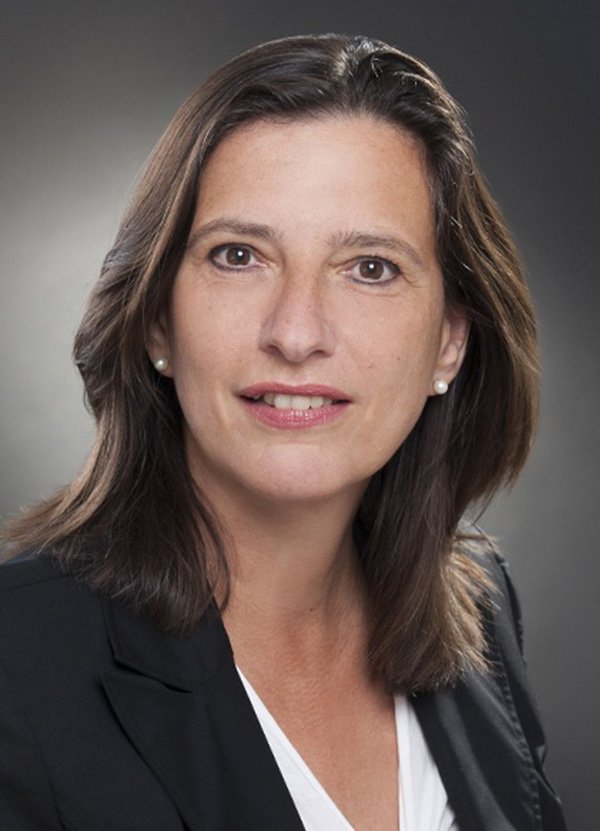 Download this article in magazine layout
Download this article in magazine layout
- Share this article
- Subscribe to our newsletter
“We give farmers planning certainty”
Rural 21: Ms Wolff, why did Reismühle Brunnen start the ‘fair & good’ project six years ago?
Anja Wolff: We have already been working in the Fairtrade sector for more than 15 years. The ‘fair & good’ project was launched to ensure a steady supply of sustainably grown rice and promote environmentally friendly organic cultivation, which improves the living standards of the farmers.
You are the market leader for bio-Fairtrade rice in Europe – and in this market segment, you work exclusively with smallholders. How can you assure the quality level of your product in this context?
Our local partners work according to clearly defined specifications that we set together with them. Furthermore, the entire production process is controlled. During the growing period, agricultural extension specialists pay regular visits to the farmers and also supervise the entire post-harvest process with them. The farmers dry the rice locally, in the sun. With paddy, the right degree of drying is crucial to prevent mildew infestation. Quality is tested at purchase, and farmers charge a better price for higher quality. In addition, the co-operative works in accordance with a clearly defined Hazard Analysis and Critical Control Point concept that was defined together with us.
Doesn’t side selling worry you?
Side selling accounts for perhaps one to two per cent. But as a rule, that doesn’t bother us because we simply pay better than other purchasers. After all, the System of Rice Intensification Premium, the Bio Premium and the FairTrade Premium ensure higher prices. And the farmers are contractually bound, for they have had their land entered for rice cultivation in a farm register via the co-operative. Of course there will always be the odd black sheep, but the farmers sort this out themselves. Anyone who doesn’t play the game is kicked out.
So the good prices are the chief advantage for the farmers?
What counts is that we offer the farmers planning certainty. Many smallholders used to be heavily indebted, and the project has helped them reduce their debts. We see to it that the money arrives at the right time so that they can meet their expenses. We guarantee that we will purchase a certain amount of rice that has been set in advance. The supply contracts with the partners cover a period of three years. We pre-finance the contracts 80 to 100 per cent so that the farmers can also rely on being paid at harvest.
Does ‘fair and good’ also count in marketing?
The project is a good opportunity to get in touch with customers, for example when we are asked at trade fairs why we all of a sudden start selling rice mixtures with pulses. Then we can explain that we are encouraging the farmers to grow chickpeas or lentils – to promote soil health and, of course, to improve their nutritional and income status.
The farmers demonstrate a considerable interest. Do you want to extend the project?
It is already quite big – after all, in India, we are now working with 3,500 farmers. If we want to grow there, it will tend to be more in terms of quality, for instance through raising area yield or through the already registered farmers providing more area for rice cultivation. Of course we want to continue to grow and expand our role in the market – but not more than demand will take in the long run.
How do you assess demand?
2016 was a difficult year. At the moment, as far as basmati is concerned, we have observed a slight stagnation, and demand is dropping somewhat because the market demands lower prices. If Fairtrade is too expensive and conventional rice is too cheap, things will no longer add up, and we won’t be able to grow. This is why we are now also seeking to secure other already certified projects. In Uttar Pradesh, for instance, we are supporting farmers producing long grain rice, which we can also offer to customers who are unwilling to buy the expensive basmati rice.
What is important for the success of a project like ‘fair & good’?
What above all counts is to have reliable partners in the country you’re working with who have already attained a certain size in order to reliably manage the processes as a whole. You need locals who speak the farmers’ lingo. This is particularly important in agricultural extension. The farmers need to understand the system of cultivation and be able to apply it. And what is more, everyone involved in the value chain has to be taken seriously and lent an ear.
And on the company side?
The company’s strategy has to have a clear focus on sustainability. This first of all requires a lot of persuading in order to gain the full backing of all staff. And perseverance is called for as well as being prepared to cope with difficult moments. We have set ourselves the goal of providing healthy food from sustainable production and simultaneously ensuring that local people can really live on what they earn with their products. This is also appreciated by our customers. Many of them value the personal aspect too. New business relations often start with a trip together to the project area. And we pay a visit to the projects at least twice a year, also together with our regular customers. Credibility is a very important factor in steady customer relations.





Add a comment
Be the First to Comment